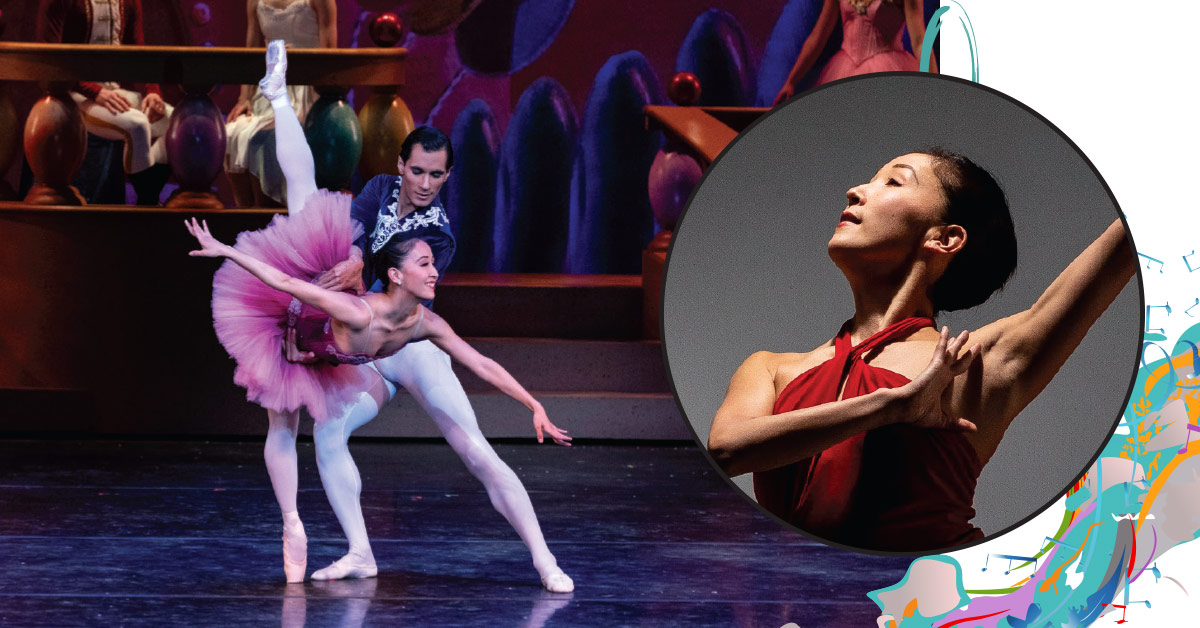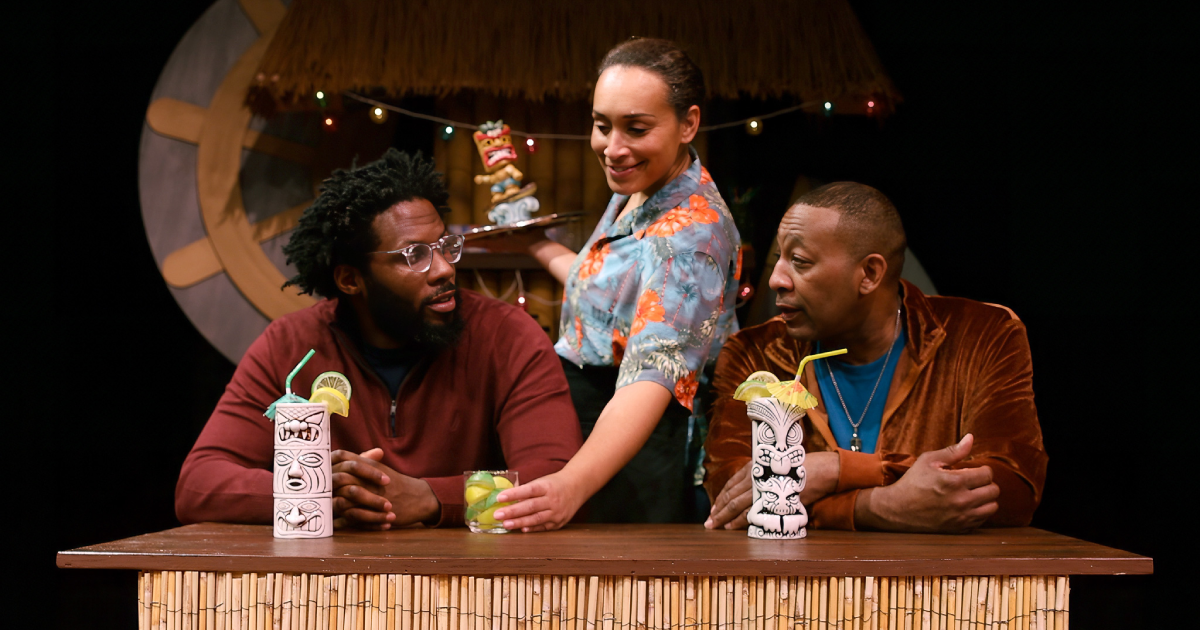Yuka Oba grew up in Japan’s Fukushima Prefecture, in a hometown nestled among mountains. An active, imaginative child, she would sometimes straddle a broomstick and run around the house, losing herself in dreams of flying.
Of course, people can’t fly; then again, those lucky enough to have seen her perform might not find it impossible that she could someday raise one foot and step into the air.
When not wandering her backyard in hopes of finding Totoro, she took swimming lessons and played the piano. Her neighbor, a girl of Yuka's age, told her she was going to learn ballet. Yuka thought that sounded fun. With her parents’ permission, she decided to give it a try.
“I already liked classical music,” she said, “and I loved moving.” She appreciated the fact that the teachers not only taught classical positions and steps but, sometimes, gave the students time to dance however they wanted.
She kept up with ballet, working hard but far from sure she had what it took to pursue it professionally. “I didn’t win big prizes in competitions growing up,” she said. Other girls seemed to be passing her by.
At 16, she found that her friends had begun to find their direction. They had passions; they had efforts to which they devoted themselves. “It was sports, or singing, or art, and they’re giving everything. 100%. I needed to start thinking about my future.”
She would focus on ballet, she decided. Really focus. She wouldn’t just take her assigned class; instead, she’d take two classes a day. She’d practice in the studio by herself until 10 PM. On Saturdays and Sundays, she’d spend eight hours or more a day in rehearsal. “I just lived in the studio,” she said. “I saw my teachers more than I saw my family.”
It worked. Teachers began to look at her differently. She started to win competitions. Main roles started coming her way. “That’s when I knew that maybe I had a chance.”
In 2006, she studied at the English National Ballet School. The opportunities it presented were enormous. She learned not only those skills needed in dancing, but skills needed to teach dancing. And she learned not only from her teachers but her peers. “They had so many different strengths,” she said. “I would absorb as much as I could. I wanted to steal their goodness.”
Still, it was hard. Studying English in school was one thing, but living in an English-speaking country was another. Navigating doctor’s offices and hospitals was challenging enough. Trying to show gratitude was even harder. “I still remember being frustrated because a friend would be so nice, and I’d want to show appreciation but I couldn’t find the right words. In Japanese, there are so many ways to show appreciation. But in English, there was just ‘thank you.’” When friends were going through difficult times, all she knew how to say was, “Are you OK?” So much had to go unsaid.
After graduation, she joined the Slovak National Ballet in Bratislava. She had made it; she was a professional dancer. Her work there included roles in pieces by George Balanchine and James Kudelka. It was during her time there that Penny Barker, then-artistic director of Grand Rapids Ballet, made her an offer. The strictures of employment authorization rules meant that she had to wait a year before moving to the United States. In 2011, she came.
“I immediately fell in love,” she said. She loved the city’s proximity to water, and the kindness of the people she met. She missed her family, but, in time, Grand Rapids became a second home. “I grew up as an adult here,” she said. “I met my husband here. I’ve made lifetime friends in Grand Rapids.”
Today, she’s Yuka Oba-Muschiana, a well-respected dancer, choreographer, and teacher for Grand Rapids Ballet. Josué Justiz, who often partners with her, met her on his first day with the ballet. “It was like magic,” he said. “I remember thinking, ‘this can’t be real.” Often, it takes time to develop rapport with a partner. But our rapport was there from the beginning.”
“She’s everything you want,’ he said. “She’s kind. She listens. She’s willing to speak up when she wants to change something. She’s always reliable. You always envision a partner who’d meet your ideal requirements, but they don’t really exist. Except they do—or, she does.”
As a dancer, he described her as a powerhouse, a powerful artist and technician whose choices are always driven by the music. “It’s like she has a sixth sense about music,” he said. “There’s nothing she can’t do.”
Artistic Director James Sofranko, asked what makes her exceptional, said, “How much time do you have? She has a natural sense of rhythm and coordination–just this innate sense of musicality and theatricality. The facial expressions, the size of movement… all the best dancers need to be coached, but they also have this natural sense of what looks best and attractive onstage. She has it.”
Looking back over her career to date, Oba-Muschiana said she’s proudest that she didn’t give up. “Sometimes I had a hard time. I’d miss my family. Or I didn’t get a role, or I wasn’t improving fast enough. I would be a little down, a little disappointed in myself. But I kept going.”
Looking ahead, she wants to continue dancing as long as her body allows. She wants to pass down the lessons she’s learned, too. And, if she can, she wants to help instill passion in younger dancers. “Ballet has given me so much,” she said. “It’s not just about dancing. It’s helped me learn how to face myself. It’s taught me how to work hard. It’s helped me travel around the world!”
Hearing the gratitude in her voice, it’s impossible not to feel a parallel gratitude: a gratitude that she’s here with us, lavishing her passion, talent, and artistry onstage.





